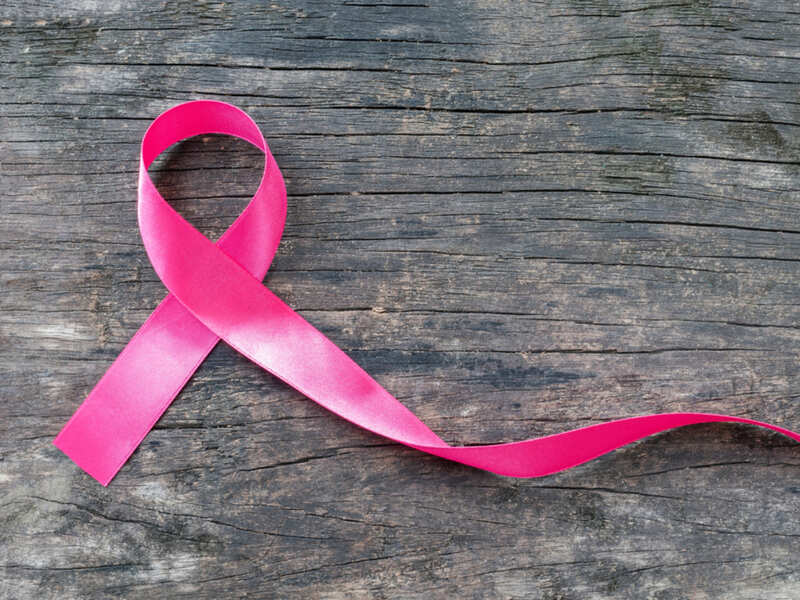
When you hear the fateful diagnosis of cancer, you should think of only one thing–recovery. The following paragraphs cover cancer advice, from treatment techniques to tips that help you shore up your support network, all designed to prepare you for beating cancer.
To beat cancer, finding it early is essential. Have appointments regularly for tests and screenings to detect cancer prior to symptoms showing. You should also perform regular monthly self-examinations for cancers like testes and breast cancer.
There’s nothing like a good exercise routine for fighting cancer. Exercise gets the blood flowing in your body. Exercise improves circulation, which may help certain treatments travel more efficiently through your body.
Smokers ought to know that giving up cigarettes doesn’t just cut down on their odds of emphysema and lung cancer, but also colon cancer. Smoking allows carcinogens to be transferred to the colon causing cancer and increasing the size of any colon polyps. Knowing all the risks, you have no excuse to keep smoking.
Read the literature on this subject, if a loved one or you, has cancer. Confidence is really important here.
Don’t fear some uncomfortable moments if you require screening for breast cancer. This is something that only lasts a few minutes. A mammogram can in effect save your life by catching a tumor before it begins to spread and affect your organs. A little discomfort is a small price to pay for this kind of prevention.
Wild Salmon
Many people are aware that wild salmon is a great addition to their diet. But are you aware that salmon has low levels of mercury and omega-3 fatty acids that can help in the prevention of cancer? Try to eat wild salmon at least twice weekly to keep the cancer producing cells at bay.
Cancer will bring many new people and friends into your life. People like your oncologist, nurses and other people with cancer will become part of your life and will bring much needed friendship and support during this difficult time. You can’t deal with cancer on your own.
Do not be fooled into believing that alcohol in any way helps to prevent cancer. The properties of red wine have led to an increase in popularity as an anti-cancer food. Drinking lots of alcohol increases, not decreases, your risk of cancer.
Fire any doctor who won’t give you a timely answer to your cancer questions. Find someone who will answer all your questions quickly and efficiently. You need a doctor who will get back to you right away.
If you experience stomach upset due to your medications or cancer treatments, quit drinking coffee. The caffeine aggravates these symptoms, so you want to stop drinking it altogether. You should also try to avoid any other sources which contain caffeine, including soft drinks, tea and chocolate.
Before you begin treatment, ask questions so that you fully understand the physical changes you will undergo. If you are well aware of what is ahead, you will be in a better position to cope. If hair loss is eminent, talk to others about what they would recommend as far as wigs and makeup.
Try not to be in the sun very much between 10 am and 3 pm. Have your fun in the sun outside of these peak hours to drastically minimize your chances of serious, potentially cancerous, sun damage.
Preventing cancer is the surest means of defeating it. You can best prevent getting skin cancer by avoiding being out in the sun too many hours. If you are going to be in the sun for a long period of time, use a good sunscreen on your entire body.
Live every day to its fullest. You don’t have to (and shouldn’t) completely change your lifestyle just because you have cancer. Don’t throw away your favorite hobbies. Make sure you keep reading, watching TV, going to the movies and doing other things that you love to do. You probably have to plan ahead to make sure that these activities do not exhaust you, but you should still enjoy what you like to do in life.
Certain foods are known combatants of specific cancers, like the documented benefits of tomatoes against prostrate cancer. Most nutritional defenses against cancer are supported by scientific studies.
Alcohol can increase your risk of cancer. Some types of cancer are more common in those who consume alcohol on a regular basis. Drinking too much alcohol specifically puts you at risk for mouth cancer and cancers of the throat and esophagus. Limiting the amount of alcohol you drink can reduce your risk for these cancers.
No matter how you treat your cancer, the goal is always the same: remission. The job of your doctor is to give you physical treatment, but emotional support will probably not be found at the hospital.

